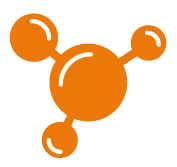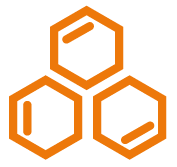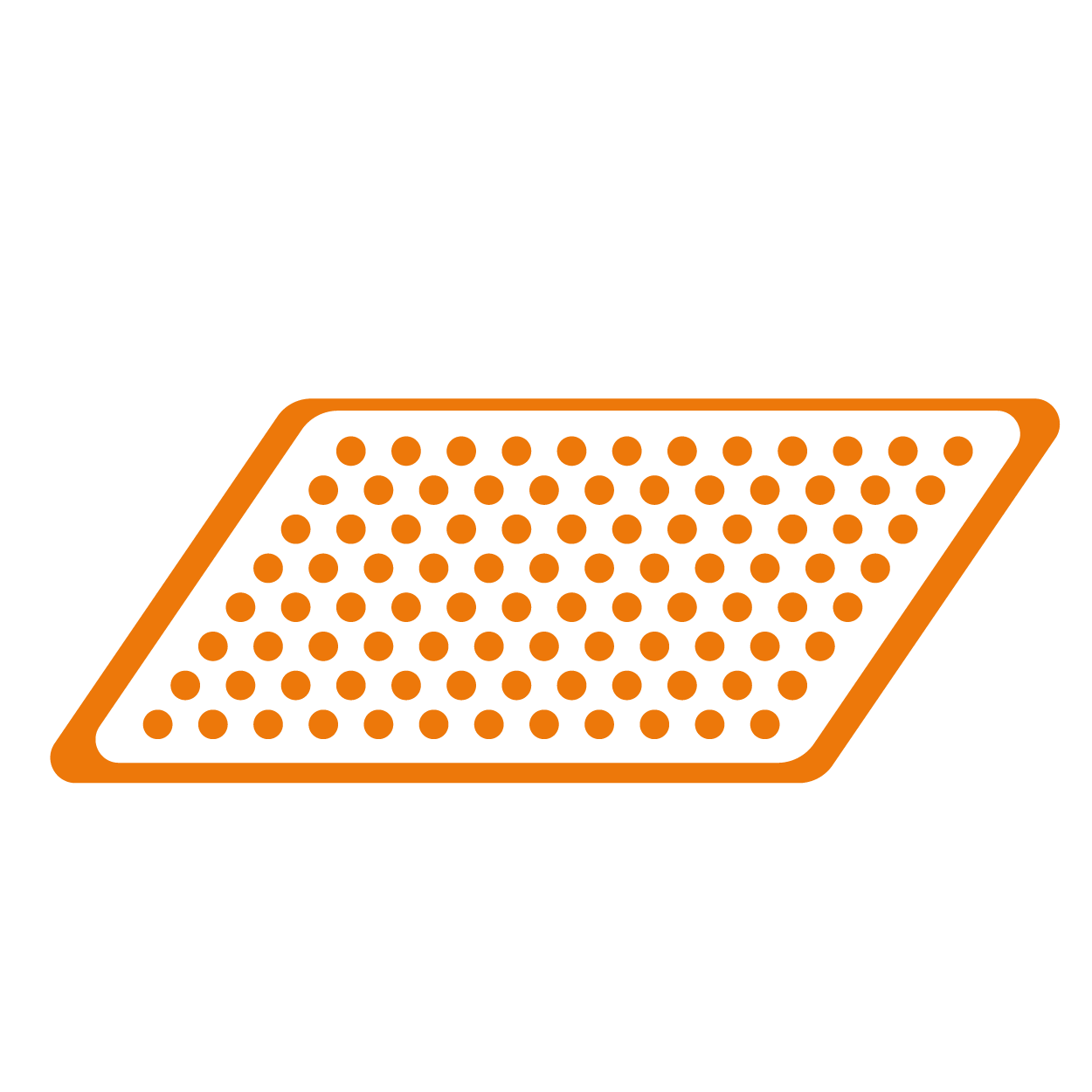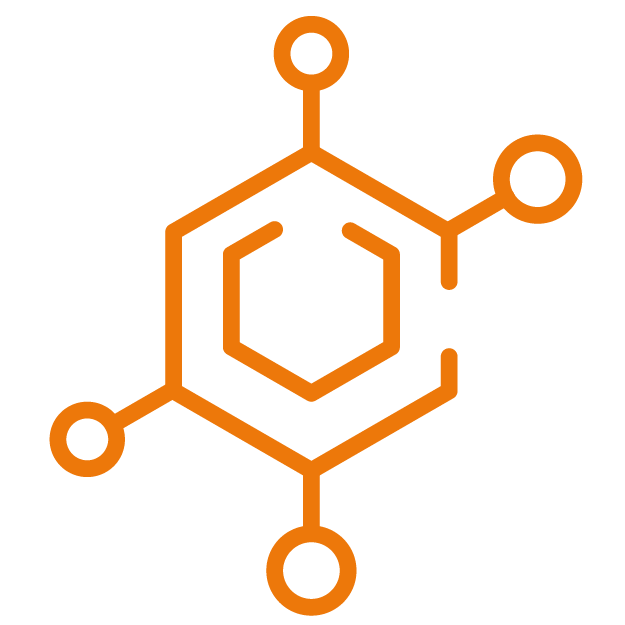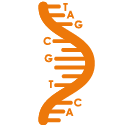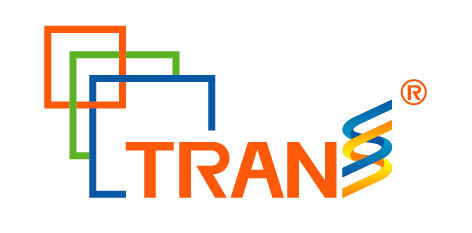Product Details
Interleukin-12 (IL-12), also referred to as natural killer cell stimulatory factor (NKSF) [1], cytotoxic T lymphocyte maturation factor (CLMF) [2-3], or p70[4], consists of the IL-12B (p40) and IL-12A (p35) subunits, which are linked by disulfide bonds. IL-12 is a crucial immunoregulatory cytokine primarily produced by activated macrophages and dendritic cells. Among its numerous pleiotropic functions, IL-12 has been shown to induce the production of interferon gamma (IFN-γ), promote the differentiation of Th1 cells, activate T cells, and stimulate the proliferation of NK cells. These functions are mediated by the binding of IL-12 to its heterodimeric transmembrane receptor complex [5]. The product is a recombinant fusion of the p40 and p35 subunits, demonstrating significant biological activity.
Storage
at -20°C for two years.
Shipping
Dry ice (-70℃)

[1] Wolf SF, Temple PA, Kobayashi M, Young D, et al. Cloning of cDNA for natural killer cell stimulatory factor, a heterodimeric cytokine with multiple biologic effects on T and natural killer cells. J Immunol. 1991, 146(9):3074-81.
[2] Stern AS, Podlaski FJ, Hulmes JD, Pan YC, et al. Purification to homogeneity and partial characterization of cytotoxic lymphocyte maturation factor from human B-lymphoblastoid cells. Proc Natl Acad Sci, 1990, 87(17):6808-12.
[3] Gubler U, Chua AO, Schoenhaut DS, Dwyer CM, et al. Coexpression of two distinct genes is required to generate secreted bioactive cytotoxic lymphocyte maturation factor. Proc Natl Acad Sci USA, 1991, 88(10):4143-7.
[4] Kobayashi M, Fitz L, Ryan M, Hewick RM, , et al. Identification and purification of natural killer cell stimulatory factor (NKSF), a cytokine with multiple biologic effects on human lymphocytes. J Exp Med, 1989, 170(3):827-45.
[5] Jayanthi S, Koppolu Bp, Smith SG, Jalah R, et al. Efficient production and purification of recombinant human interleukin-12 (IL-12) overexpressed in mammalian cells without affinity tag. Protein Expr Purif, 2014, 102:76-84.








